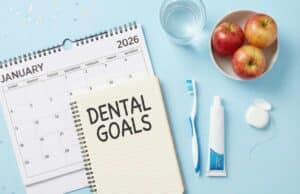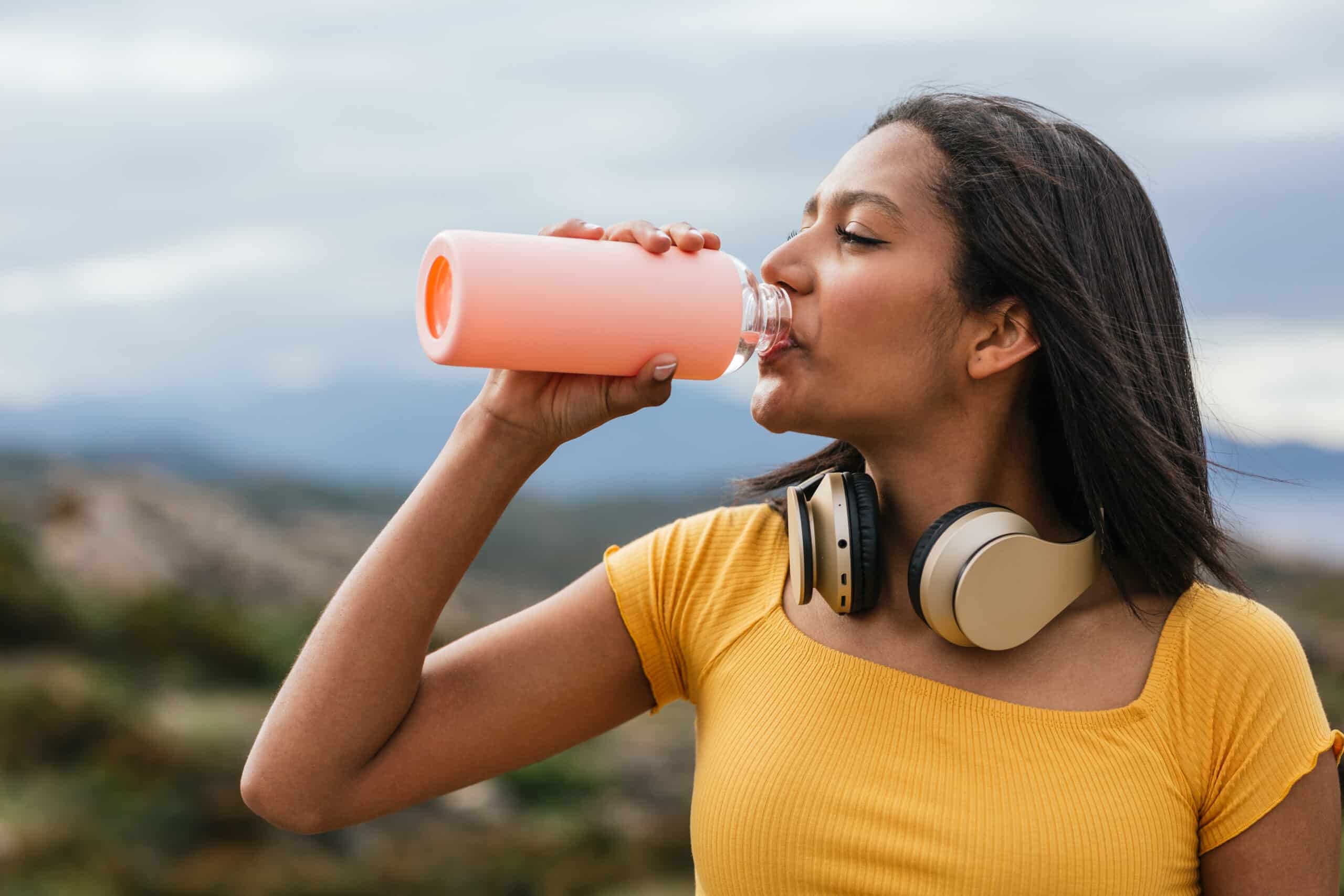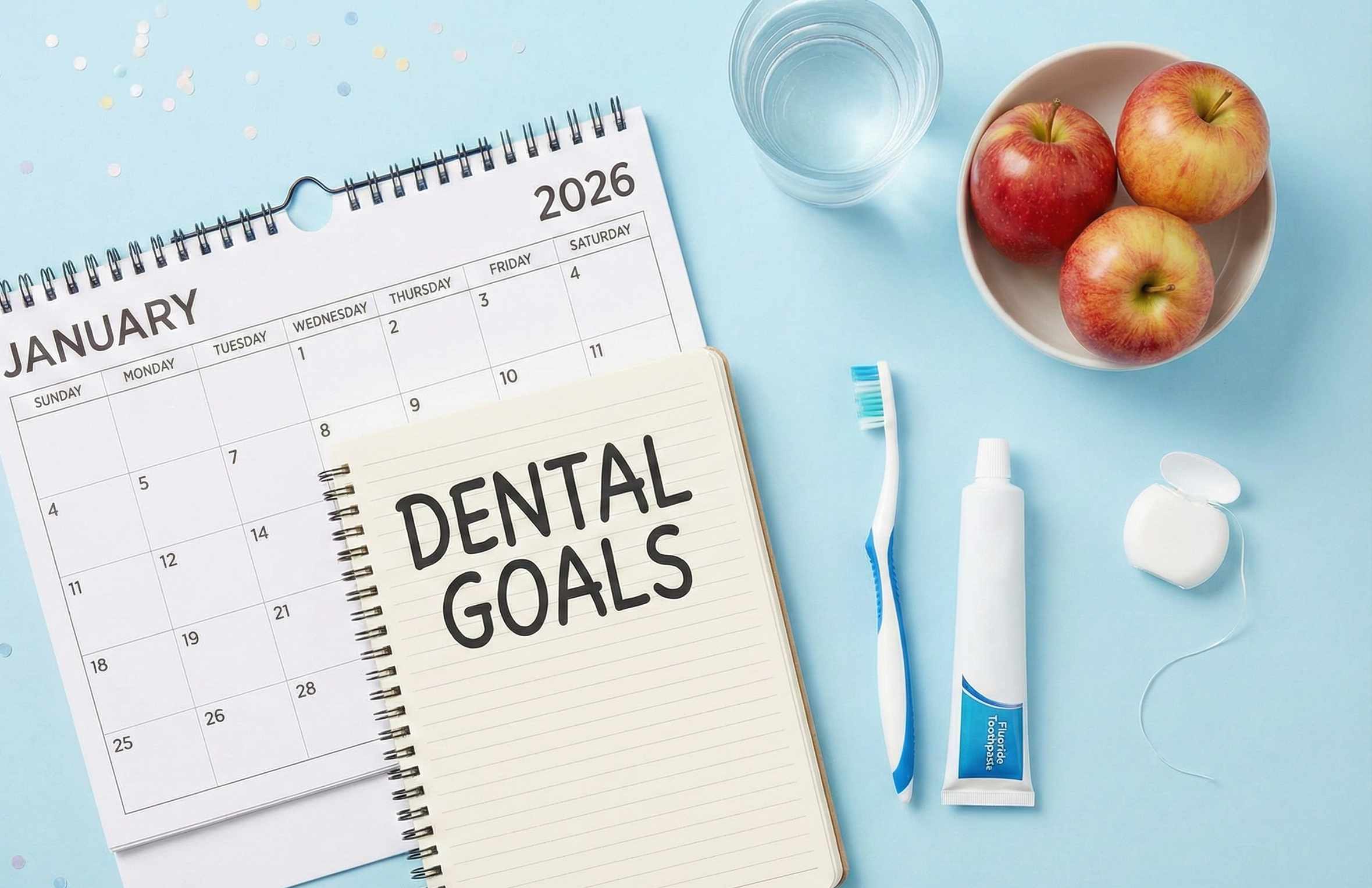Our Midtown Toronto neighbourhood, located at Yonge and Eglinton, offers numerous opportunities to get fit, stay active, and enhance our physical well-being. With so many gyms, yoga studios, sports clubs, pools, and outdoor green spaces where we can walk, jog, or sprint, there is no reason to remain sedentary on the couch!
Of course, most people are aware of the role physical fitness plays in building muscle, managing weight, and combating chronic health conditions such as diabetes and high blood pressure. However, there is also a connection between fitness trends and oral health that cannot be ignored. By working out smarter, we can ensure that our physical fitness routines help protect the health of our teeth and gums.
Here are some of the most common effects that exercising can have on our oral health:
Mouth Breathing and Dry Mouth During Workouts
Trainers are always telling us to keep breathing during workouts. However, when it comes to oral health, how we breathe is just as essential as breathing itself.
Our dental team recommends breathing through your nose instead of your mouth to help maintain the health of your teeth and gums. Mouth breathing causes dry mouth because air flowing over the tongue and oral tissues dries out the saliva that usually keeps the mouth moist. Saliva plays a vital role in oral health by washing away food, neutralizing acids, and limiting bacteria. Its absence due to dry mouth increases the risk of bad breath, cavities, and inflammation that leads to gum disease.
Dry mouth can also cause the dry tissue in the mouth to become irritated, leading to painful sores, ulcers, and cracked lips.
The best way to combat dry mouth is to breathe through your nose. If that is not possible, be sure to drink plenty of water to keep your mouth moist and support saliva production.
Teeth Grinding in High-Stress Fitness Environments
Proper weight training techniques often include steady breathing (again – through your nose!), bending your knees, and keeping your back straight. However, the stress on your body from lifting heavy weights can also cause you to clench your teeth together unconsciously.
Teeth clenching, also known as bruxism, is often a natural response to heavy lifting, strenuous exercise, and stress from an active lifestyle, as muscles in the face, legs, arms, and back tighten to provide stability while squatting and deadlifting.
Bruxism can harm your oral health in several ways, including premature enamel wear, flattened chewing surfaces, and weakened teeth. These issues can lead to chipped, fractured, or loose teeth, as well as increased tooth sensitivity. Furthermore, existing fillings and crowns can be dislodged or broken by the pressure of clenching.
Teeth grinding and jaw clenching can also strain jaw muscles, potentially causing pain, headaches, earaches, and temporomandibular joint (TMJ) disorders.
In severe cases, clenching can necessitate extensive dental work, such as crowns, fillings, or even implants, to repair the damage before it worsens.
A great way to help reduce the effects of teeth grinding and jaw clenching is to wear a custom-fitted mouthguard while working out. Ask your dentist in Midtown Toronto for more information.
Energy Drinks and Protein Snacks
Nutrition is a huge part of getting fit and staying healthy. However, many products on the shelves, offered to consumers to support their physical fitness goals, are actually detrimental to oral health.
For example, “energy drinks” available in every grocery store contain high amounts of sugar and acids that weaken tooth enamel and feed cavity-causing bacteria, increasing the risk of tooth decay. Even sugar-free sports drinks can cause damage due to their high acidic content.
Protein bars fall into the same category as energy drinks. Often touted as a high source of protein, many are high in sugar or tend to stick to your teeth, helping cavity-causing bacteria do their work.
If you do consume these drinks or protein bars, you can protect your teeth by rinsing your mouth with water immediately to help wash away the cavity-causing sugars and acids. Also, refrain from brushing your teeth for at least 30 minutes to prevent pushing the acids deeper into your teeth.
Keeping Your Smile Healthy While Staying Fit with Your Midtown Toronto Dentist
With help from your dentist, there is no reason your fitness has to impact your oral health in Toronto. At Yonge Eglinton Dental, our team will inspect your teeth and note any damage that could be the result of exercise. We will then discuss your treatment options if we do find any dental issues, so you can make an informed choice that works best for you.
After all, a healthy smile goes hand in hand with a healthy body. Enjoy the gym culture here at Yonge and Eglinton while we help look after your oral health.
Stop Fitness Trends from Affecting Your Teeth and Gums with Help from the Experts at Yonge Eglinton Dental
Contact our dental health team when you are ready to optimize your oral health. We will work together to ensure your teeth and gums look great and are as strong and healthy as possible. Make an appointment for an office visit today by calling our office at 416-932-2222 or booking online. We look forward to seeing you!
Are you concerned about visiting the dentist? Read about how we protect the health and safety of our patients and staff so your family can seek proper dental care with peace of mind.
FAQs about how fitness trends affect your teeth and gums
Does mouth breathing during workouts affect gums and teeth?
It can. Heavy breathing through the mouth dries out saliva, which helps protect against cavities and gum disease. This dryness can lead to bad breath, plaque buildup, and gum irritation.
Does dehydration from intense exercise impact oral health?
Yes. Dehydration reduces saliva flow, which helps neutralize acids and washes away food particles. Prolonged dry mouth can increase the risk of tooth decay and gum disease.
Is teeth grinding (bruxism) more common in people who exercise intensely?
Yes. Intense workouts or weightlifting can often trigger jaw clenching or teeth grinding, which can wear down enamel and lead to jaw pain over time. A mouthguard may help protect against this.
Can sports drinks harm my teeth?
Many sports and energy drinks are acidic and high in sugar. This combination erodes enamel and increases the likelihood of cavities.
Can frequent snacking on fitness bars damage oral health?
Yes. Many fitness snacks are sticky, sugary, and cling to teeth. Without proper rinsing or brushing, they can fuel bacteria that lead to cavities and gum irritation.








